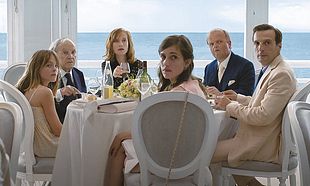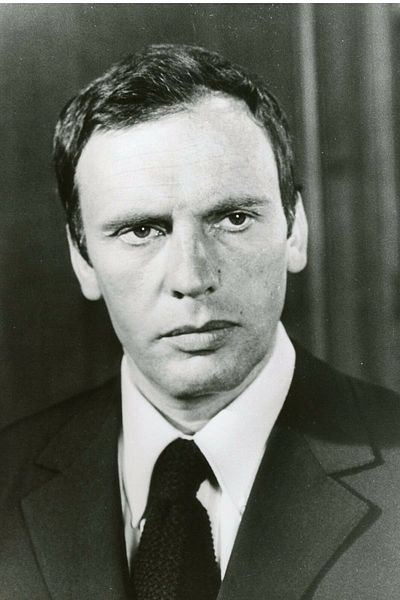

Jean-Louis Trintignant
ActorJean-Louis Xavier Trintignant (December 11, 1930 – June 17, 2022) was a French actor. He made his theatrical debut in 1951, and went on to be regarded as one of the best French dramatic actors of the post-war era. He starred in many classic films of European cinema, and worked with many prominent auteur directors, including Roger Vadim, Costa-Gavras, Claude Lelouch, Claude Chabrol, Bernardo Bertolucci, Éric Rohmer, François Truffaut, Krzysztof Kieślowski, and Michael Haneke.
He made a critical and commercial breakthrough in And God Created Woman (1956), followed by a starmaking romantic turn in A Man and a Woman (1966), and The Great Silence (1968). He won the Silver Bear for Best Actor at the 1968 Berlin International Film Festival for his performance in The Man Who Lies and the Best Actor Award at the 1969 Cannes Film Festival for Costa-Gavras's Z. Trintignant's other notable films include, My Night at Maud's (1969), The Conformist (1970), Three Colours: Red (1994), and The City of Lost Children (1995). He won the 2013 César Award for Best Actor for his role in Michael Haneke's Amour.
Description above from the Wikipedia article Jean-Louis Trintignant, licensed under CC-BY-SA, full list of contributors on Wikipedia.















































